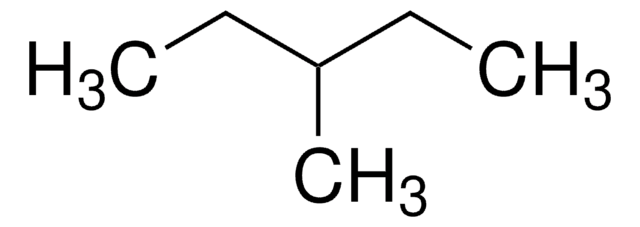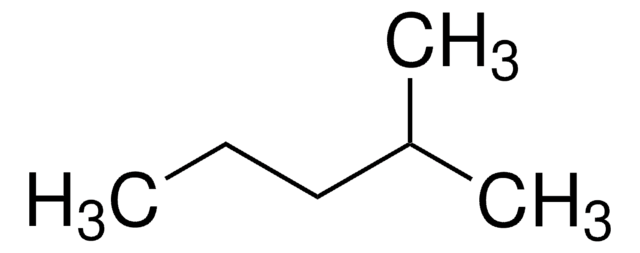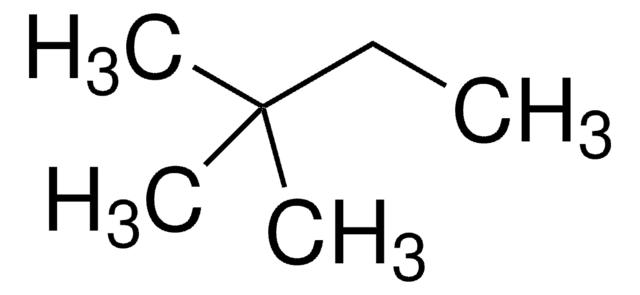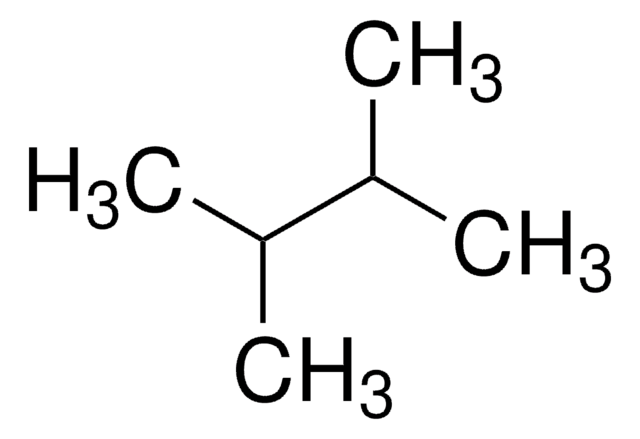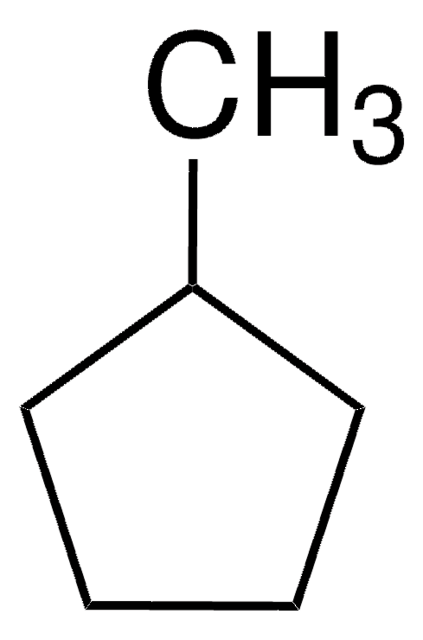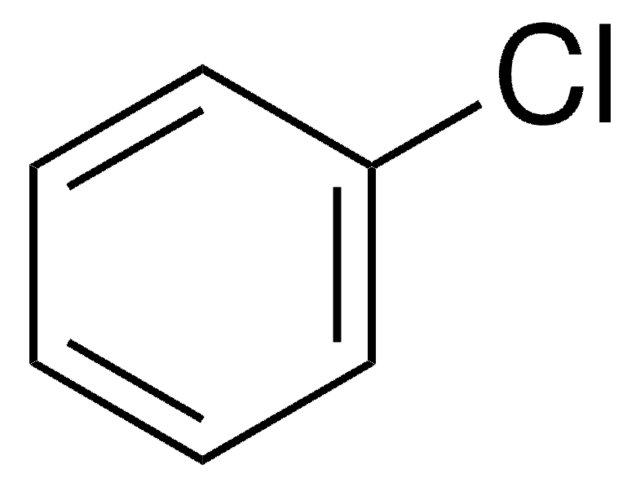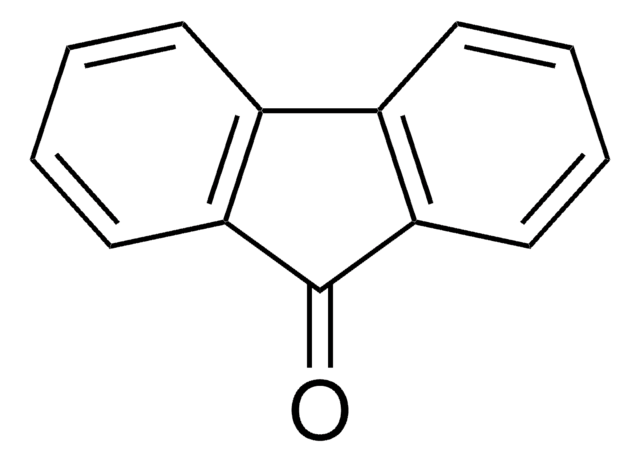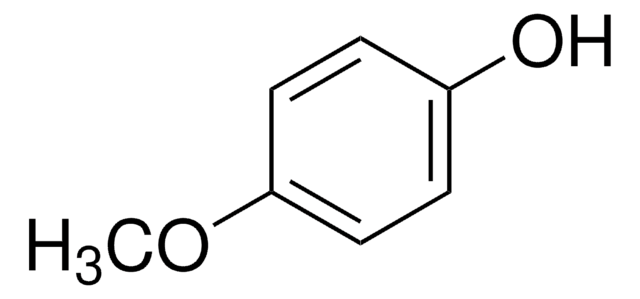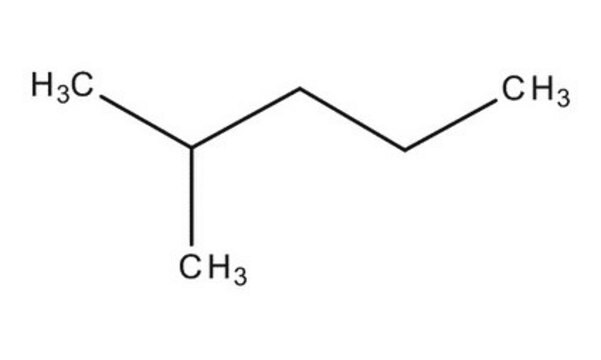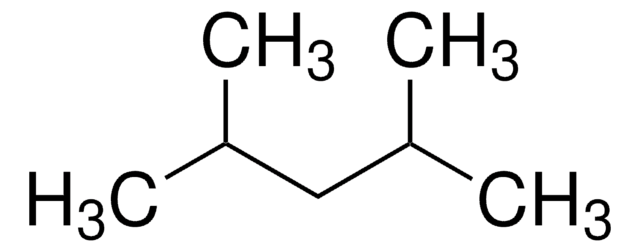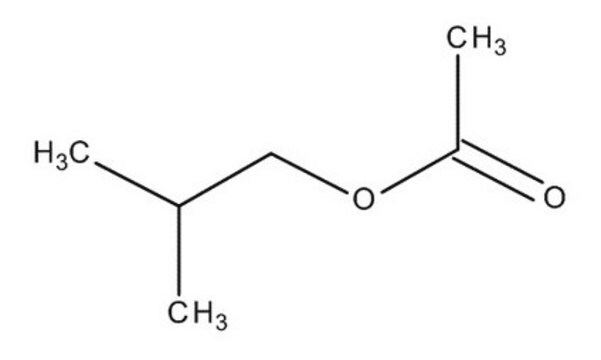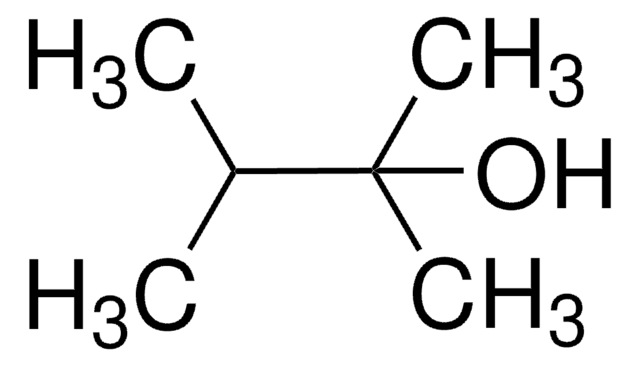About This Item
Recommended Products
vapor density
3 (vs air)
vapor pressure
4.54 psi ( 25.0 °C)(lit.)
Assay
98%
form
liquid
autoignition temp.
788 °F
expl. lim.
~7.7 %
refractive index
n20/D 1.375 (lit.)
bp
58 °C (lit.)
mp
−129 °C (lit.)
density
0.662 g/mL at 25 °C (lit.)
SMILES string
CC(C)C(C)C
InChI
1S/C6H14/c1-5(2)6(3)4/h5-6H,1-4H3
InChI key
ZFFMLCVRJBZUDZ-UHFFFAOYSA-N
Looking for similar products? Visit Product Comparison Guide
General description
Application
- Synthesis, structure, and properties of the condensation product of hexaoxocyclohexane with 2, 3-bis (hydroxyamino)-2, 3-dimethylbutane: Discusses the chemical synthesis and structural analysis of a novel compound derived from hexaoxocyclohexane and 2,3-dimethylbutane (EV Tretyakov, AO Tkacheva, 2014).
- Catalysts by design - Surface organometallic chemistry on oxide and metal for dehydrogenation of 2, 3-dimethylbutane: This paper details the development of a selective catalyst system for the dehydrogenation of 2,3-dimethylbutane, emphasizing the stability and efficiency of the catalyst (P Rouge, A Garron, S Norsic, C Larabi, N Merle, 2019).
Signal Word
Danger
Hazard Statements
Precautionary Statements
Hazard Classifications
Aquatic Chronic 2 - Asp. Tox. 1 - Flam. Liq. 2 - Skin Irrit. 2 - STOT SE 3
Target Organs
Respiratory system
Storage Class Code
3 - Flammable liquids
WGK
WGK 3
Flash Point(F)
-20.2 °F - closed cup
Flash Point(C)
-29 °C - closed cup
Personal Protective Equipment
Choose from one of the most recent versions:
Already Own This Product?
Find documentation for the products that you have recently purchased in the Document Library.
Customers Also Viewed
Protocols
This application demonstrates the suitability of the Petrocol column for the efficient analysis of hydrocarbons as listed in ASTM method D5134.
Protocol for GC Analysis of Hydrocarbons in Gasoline on Petrocol® DH
-Xylene; Nonane; Propylbenzene; Mesitylene; 1,2,4-Trimethylbenzene; 1,2,3-Trimethylbenzene; 1,3-Diethylbenzene; 1,4-Dimethyl-2-ethylbenzene; 1,2-Dimethyl-4-ethylbenzene; Durene; 1,2,3,5-Tetramethylbenzene; 1,2,3,5-Tetramethylbenzene; 2-Methylnaphthalene (β)
GC Analysis of Hydrocarbons in Gasoline on Petrocol® DH, Isothermal
Our team of scientists has experience in all areas of research including Life Science, Material Science, Chemical Synthesis, Chromatography, Analytical and many others.
Contact Technical Service